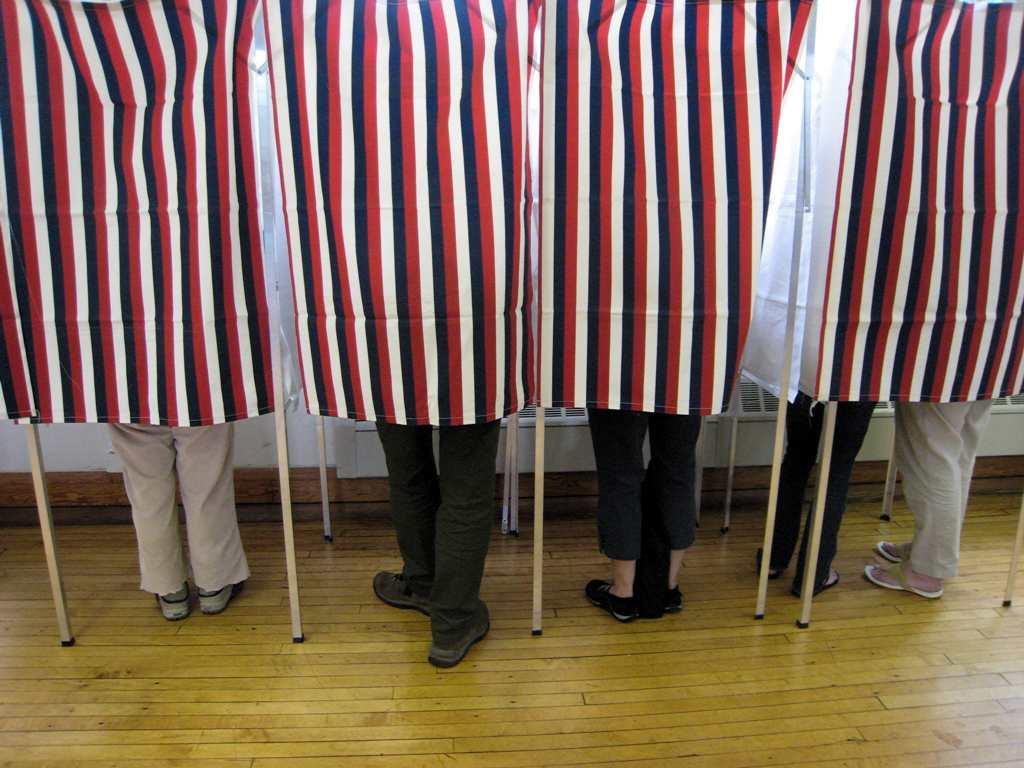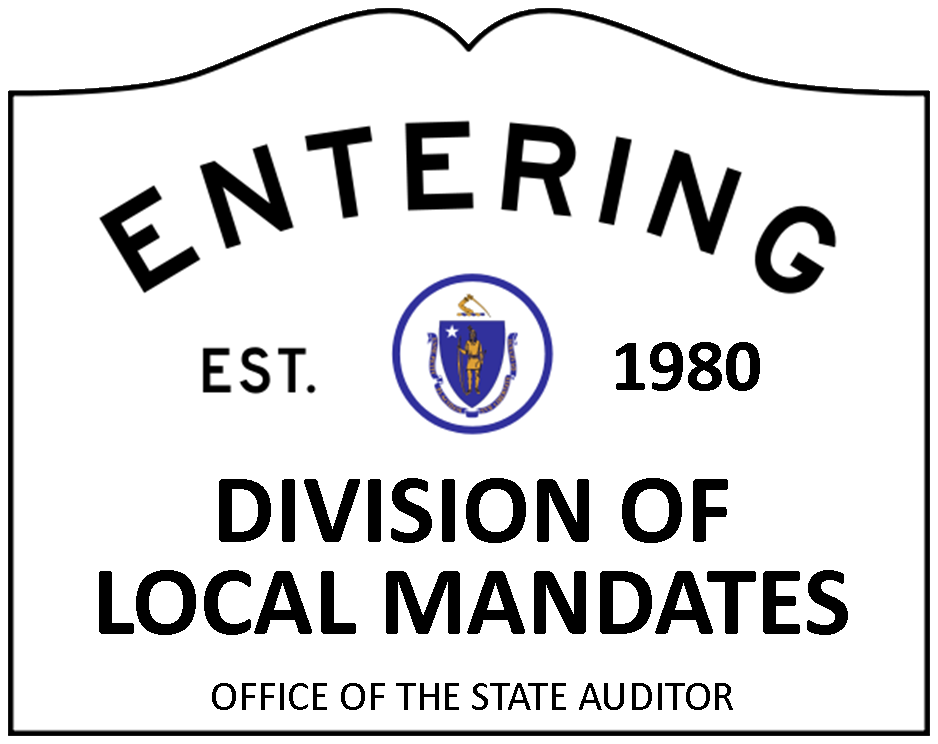- Office of State Auditor Suzanne M. Bump
- Division of Local Mandates
Media Contact
Mike Wessler, Communications Director

Boston — In a letter to members of the Massachusetts Legislature today, State Auditor Suzanne M. Bump certified that municipalities spent $1,063,978.14 in unfunded, mandated costs to provide early voting in the 2016 general election. In the Final Supplemental Budget for Fiscal Year 2017, the Legislature directed Bump’s Division of Local Mandates (DLM) to provide a formal certification of these costs by January 10, 2018.
Additionally, in her letter, Bump called on the legislature to provide funding for these 2016 costs in an upcoming supplemental budget. She also encouraged the body to develop a process for funding these costs in future elections, and noted that her office has provided suggestions to legislative committees.
“Early voting is an important addition to our democratic processes and funding the expenses incurred by our municipalities will make it that much stronger,” Bump said in her certification letter.
To compile and certify these costs, Bump sent an electronic survey to the 351 city and town clerks seeking information about the expenditures they incurred to meet the requirements of the early voting law.
In February 2017, Bump determined that parts of the early voting law constituted an unfunded mandate under the Local Mandates Law. In the determination, Bump cited the requirements that municipalities establish an early voting polling location that has sufficient staffing and privacy for votes as the factors driving the conclusion.
The early voting law, which was passed in 2014, requires that municipalities allow any qualified voter during biennial state elections (and other elections taking place at that time) to vote during a twelve-day early voting period. The Massachusetts Secretary of the Commonwealth’s Office reports that more than one million voters cast their ballots during this period in 2016, representing more than 22 percent of registered voters in the state.
DLM was established in 1980 as part of Proposition 2 ½, an initiative that limits the abilities of cities and towns to increase property taxes. Under the state’s Local Mandate Law, the Legislature and state agencies are prohibited from passing costs along to municipalities to implement state programs. DLM was established to respond to municipal request to determine whether an unfunded mandate has been passed on to local governments, and make a cost determination of the state funding necessary to sustain a mandate. Since its creation, DLM has received 675 petitions from municipalities and members of the Legislature asking the Division to review whether legislative or regulatory action imposes an impermissible unfunded mandate on a municipality. In response, DLM has issued 436 unfunded mandate determinations, finding in favor of municipalities 79 times. As a result of these efforts, approximately $343 million in state funding or other remediation has been provided to local communities.
Bump’s certification letter is available here.
A spreadsheet of the reported costs from municipalities is available here.
###
